Walter Smith: The Rangers great who brought a golden era to Ibrox
In the pantheon of great Rangers managers, Walter Smith was one of the very best.
Smith, who has died at the age of 73, is the second most successful boss in the history of the Govan club, behind only Bill Struth, and will forever be held in as high a regard by those of a light blue persuasion.
Smith is primarily associated with the Ibrox outfit, where he enjoyed huge success during two spells in charge, most notably leading the club for the bulk of the nine-in-a row era from 1989 to 1997 and later guiding them to the 2008 UEFA Cup final.
In between those two spells he managed Everton and the Scotland national team.
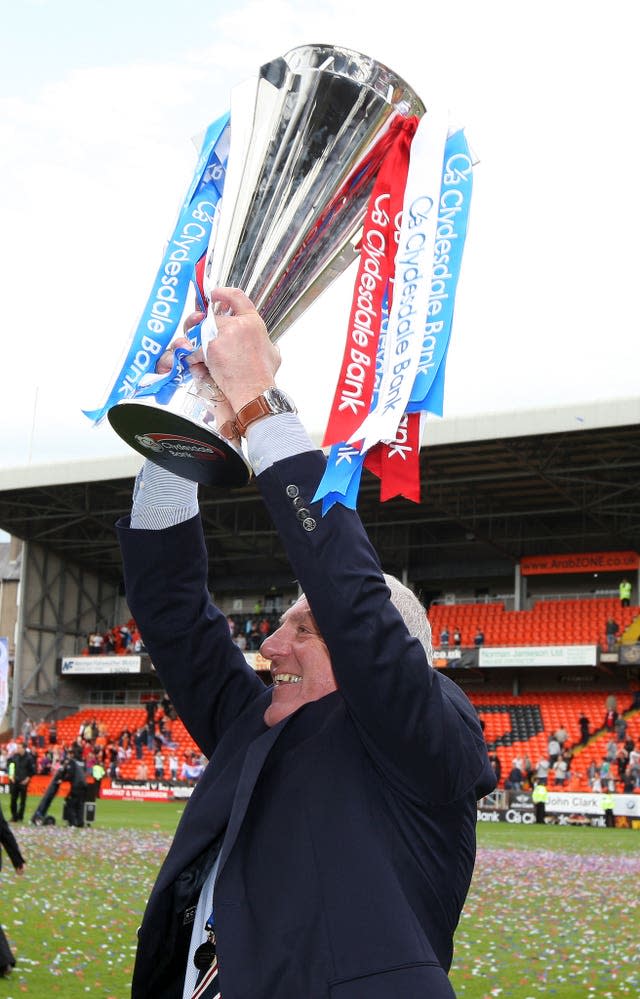
Born in Lanark on February 24, 1948, Smith grew up a Gers fan in Carmyle, his passion for the club passed down by “a much-loved grandfather, old Jock”.
He recalled: “My childhood in Carmyle, in the east end of Glasgow, was a very happy one and football was a massive part of our lives.
“There was a park just up the street from where we lived called The Orchard and, as soon my brother Ian and I came in from school, we would run up there to get involved in a game of football.
“From the moment you got there until it was dark there would be three or four games on the go and you would usually come up against grown men who wouldn’t hold back. It certainly toughened you up.”
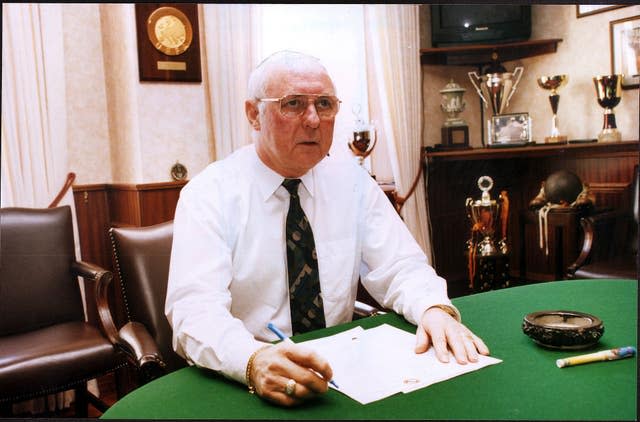
He started his career at Dundee United in 1966 while finishing his apprenticeship as an electrician, but he got to Ibrox as a fan when he could make it and he noted that Jimmy Millar was his favourite player from that era.
Smith was at the Ibrox Disaster on January 2, 1971, in which 66 Gers fans died in a crush following an Old Firm game.
He headed down the fateful stairway 13 a matter of seconds before Colin Stein scored a late equaliser, sparking scenes of jubilation among the home support.
He remembered: “My brother and I were about a third of the way down the stairs. I think the majority of the people who died were further down the stairs, around the bottom third, so when we found out later what happened we realised how fortunate we had been.
“We then got on to our bus and went away home. Communication back then wasn’t what it is today — nobody on the bus was really talking about it much at all.
“It was only when we got back to Carmyle, where everybody was congregating and waiting to see if everybody was OK, that we realised there had been a disaster.”
Smith played in the Dundee United side which lost 3-0 to Celtic in the 1974 Scottish Cup final.
After a brief spell at Dumbarton, Smith returned to Tannadice in 1977 for a fee of £4,000 – “£3,000 less than I was sold for” – but, after a pelvic injury curtailed his playing career at the age of 29, he made his name as a coach under Jim McLean, who was always considered the more combustible of the two men.
However, former Dundee United and Scotland attacker Kevin Gallacher, once recalled an occasion when, as an apprentice at the club, Smith accused him of not cleaning the first team’s boots properly.
“Walter got me in the Tannadice boot room and gave me what for,” he said.
“He was absolutely ferocious when he was angry and the players feared him even more than they did McLean.”
Smith was highly rated as a coach, also taking charge of the Scotland under-18 and under-21 teams and serving as assistant to Scotland manager Alex Ferguson at the 1986 World Cup in Mexico. By that time it had been announced that he would be moving to Rangers as assistant to player-manager Graeme Souness.
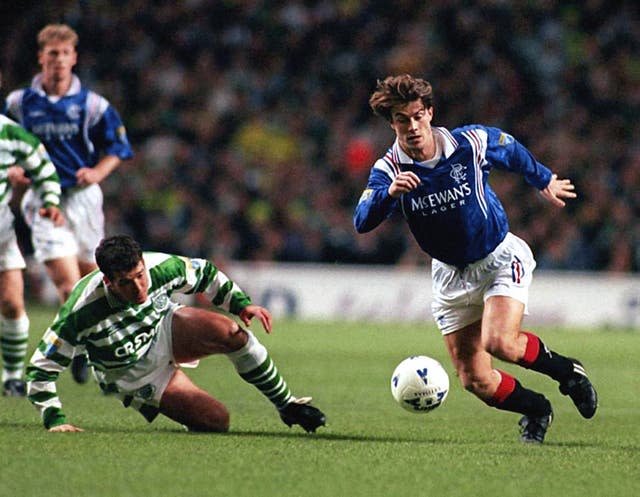
He was still a largely low-key figure when he took over from Souness in 1991, but he soon stamped his personality on the club and on the Scottish game.
He won 13 major trophies in seven years, including the domestic treble in 1993, and the last of the club’s nine successive titles was aptly clinched in a 1-0 win at Dundee United, to equal the record of rivals Celtic.
Smith, awarded an OBE in October 1997, left Ibrox at the end of the 1998 season after Celtic prevented the Light Blues from achieving a 10th straight title, with the Scottish Cup final lost to Hearts at Parkhead.
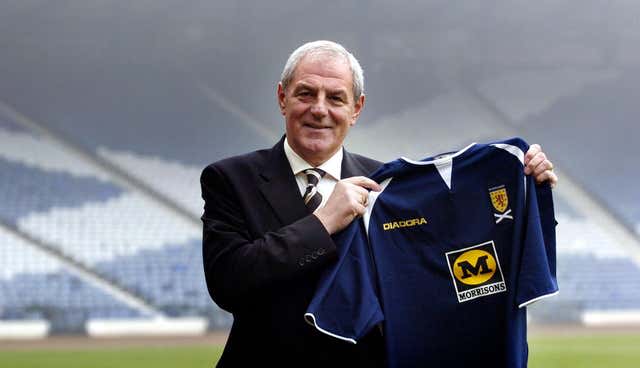
He was subsequently appointed manager of Everton, where he spent four seasons before being replaced by David Moyes.
In December 2004, after a brief stint as assistant to Ferguson at Manchester United, Smith was appointed Scotland manager.
Despite reviving the national team’s fortunes, leading them to a memorable 1-0 win over France in a Euro 2008 qualifier at Hampden, he controversially resigned in January 2007 to return to Rangers.
He went on to win eight more trophies at Ibrox and guided the team to the 2008 UEFA Cup final, losing 2-0 to Russian side Zenit St Petersburg at the Etihad Stadium.
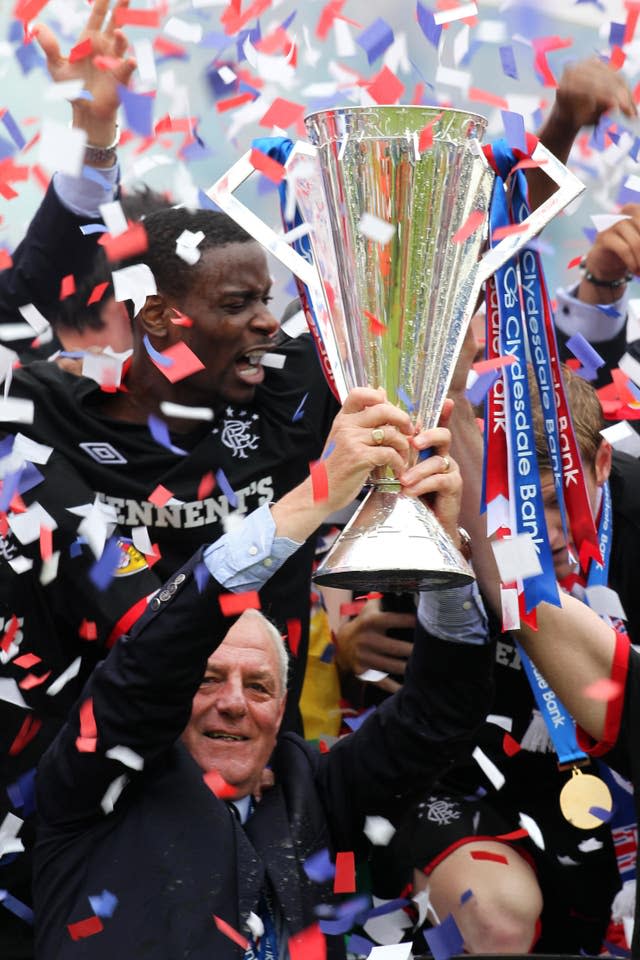
Smith retired from management in 2011 and Rangers gave him the perfect send-off as they wrapped up a third consecutive Scottish Premier League title in style with a 5-1 win against Kilmarnock at Rugby Park.
Asked if there was any regret at his decision to quit at the age of 63, Smith said: “I’ve thought about it for a while and the time is right. Everything you do is for the club.”
He returned to the club as a non-executive director and then assumed the role of non-executive chairman before stepping down in August 2013.
Smith is survived by his wife Ethel and sons Neil and Steven.

 Yahoo Sport
Yahoo Sport 





































